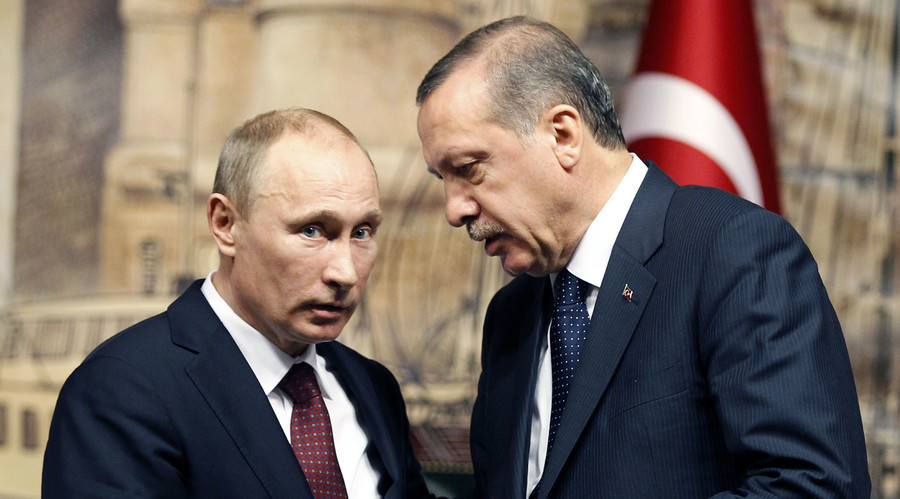The International Community Worries as the US Presidential Election Begins
The most distinct trend is protectionist trade. Although Trump first lit this fire, Clinton’s pledges are not too different. On July 28 (local time), Clinton said in her nomination acceptance speech, “If you believe that we should say ‘no’ to unfair trade deals… that we should stand up to China… that we should support our steelworkers and autoworkers and homegrown manufacturers… join us.” Not only did she directly call out China, she also targeted other countries to review their trade agreements. Because both candidates are prioritizing domestic job creation, it is likely that these troubles with trade will persist.
The two candidates vastly differ on foreign relations and security. Clinton supports the existing alliance structures and does not deviate from the basic tenants of the Obama Administration. On the other side, Trump has proclaimed the need for full-scale reorganization to maximize U.S. profits and U.S. costs and burdens. Since Trump’s argument has received constant support from the American public, it will not be easy for Clinton to ignore them, even if she secures the presidency. Depending on the circumstance, the security environment on the Korean Peninsula and Northeast Asia could drastically change. Both candidates have a hardline stance against North Korea. Clinton’s side has called North Korea “perhaps the most repressive regime on the planet run by a sadistic dictator” and Trump’s side has described it as the “Kim Family’s slave state.” Both sides lack the will to deal with the North Korean nuclear issue diplomatically.
Domestic policy maintains its traditional progress with some conservative opposition. Careful attention must be paid to Clinton, who absorbed a large portion of her primary competitor Bernie Sanders’ progressive movement, to see if she will be able to start a new progressive flow. On the other side, the populist and welfare supporting Trump is reversing due to serious market concerns.
Although the U.S. presidential election is an American affair, it affects the international community. The United States must think through why many countries are concerned. Our government must make all the preparations necessary to properly handle any outcome.


